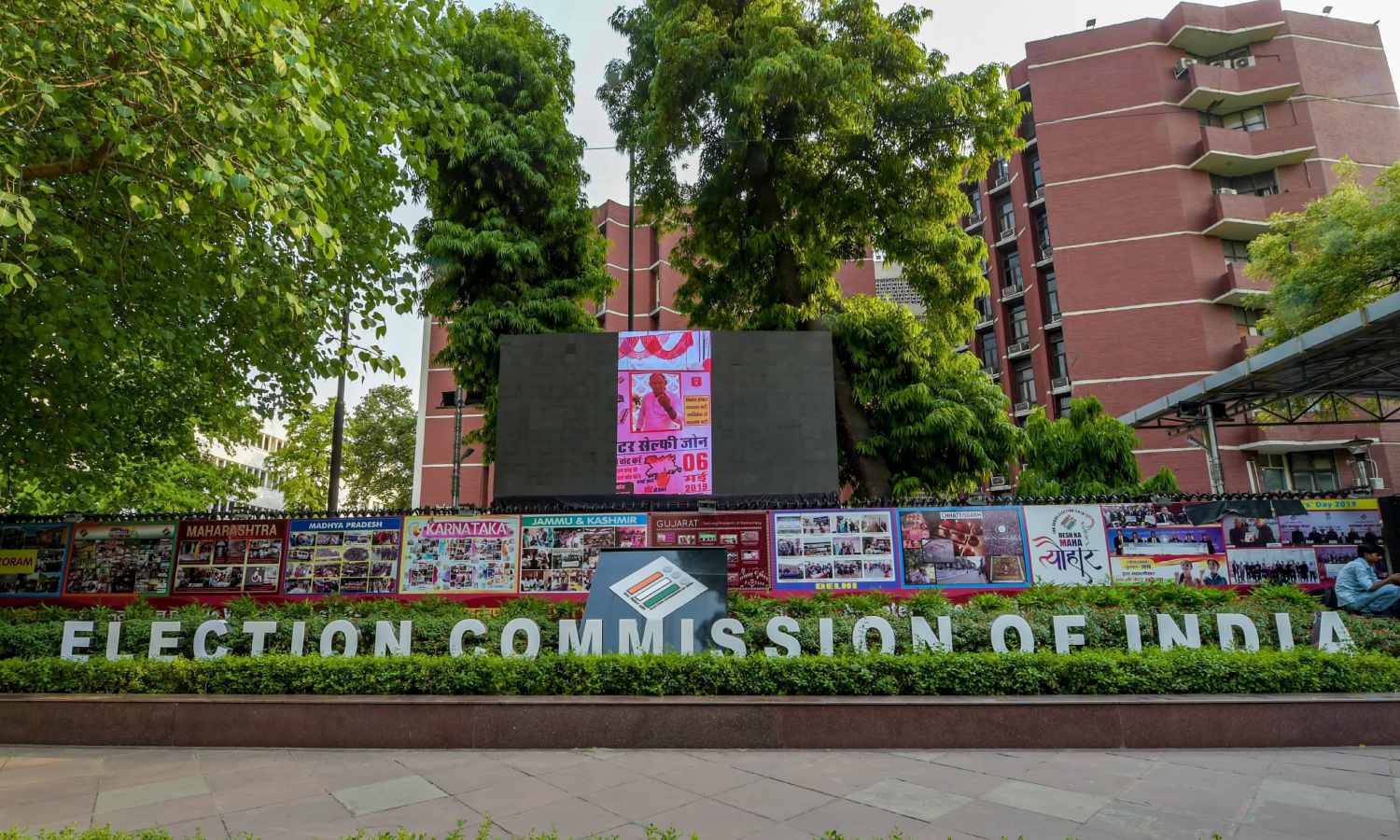Notification for vice president's election issued, nomination process begins
According to the notification, August 21 is the last date for filing nominations and the documents will be scrutinised on August 22.

Election Commission of India (PTI)
NEW DELHI: The nomination process for the September 9 poll to elect the next vice president began on Thursday with the Election Commission issuing a notification.
According to the notification, August 21 is the last date for filing nominations and the documents will be scrutinised on August 22.
August 25 is the last date for the withdrawal of nomination.
The vice president's post fell vacant on July 21 following the surprise resignation of Jagdeep Dhankhar, who cited health reasons for his decision. His term was to end in August 2027.
According to constitutional provisions, in case of a mid-term poll, the incumbent gets a full five-year term.
A person cannot be elected as the vice president unless he is a citizen of India, has completed 35 years of age and is qualified for election as a member of the Rajya Sabha.
A person is also not eligible if he holds any office of profit under the government of India or a state government or any subordinate local authority.
The ruling NDA has a comfortable edge in the vice presidential elections.
The vice president is elected by the members of the Lok Sabha and the Rajya Sabha, with nominated members of the Upper House also eligible to vote.
The 543-member Lok Sabha has one vacant seat -- Basirhat in West Bengal -- while there are six vacancies in the 245-member Rajya Sabha.
Of the six vacancies in the Rajya Sabha, four are from Jammu and Kashmir, and one each from Punjab and Jharkhand. The seat from Punjab fell vacant after AAP leader Sanjeev Arora quit following his election to the state assembly in a byelection last month.
The demise of JMM leader Shibu Soren has created a fresh vacancy in the Upper House from Jharkhand.
The effective strength of both the Houses together is 781 and the winning candidate will require 392 votes, considering that all eligible voters exercise their franchise.
In the Lok Sabha, the BJP-led NDA enjoys the support of 293 of the 542 members. The ruling alliance has the support of 129 members in the Rajya Sabha, which has an effective strength of 240, assuming that the nominated members vote in support of the NDA nominee.
Thus, the ruling alliance has the support of 422 members.
Article 66 (1) of the Constitution provides that the vice presidential election shall be held in accordance with the system of Proportional Representation by means of the single transferable vote, and the voting at such election shall be by secret ballot.
In this system, the elector has to mark preferences against the names of the candidates.
The vice president is the second-highest constitutional office in the country. He serves for a five-year term, but can continue to be in office, irrespective of the expiry of the term, until the successor assumes office.

